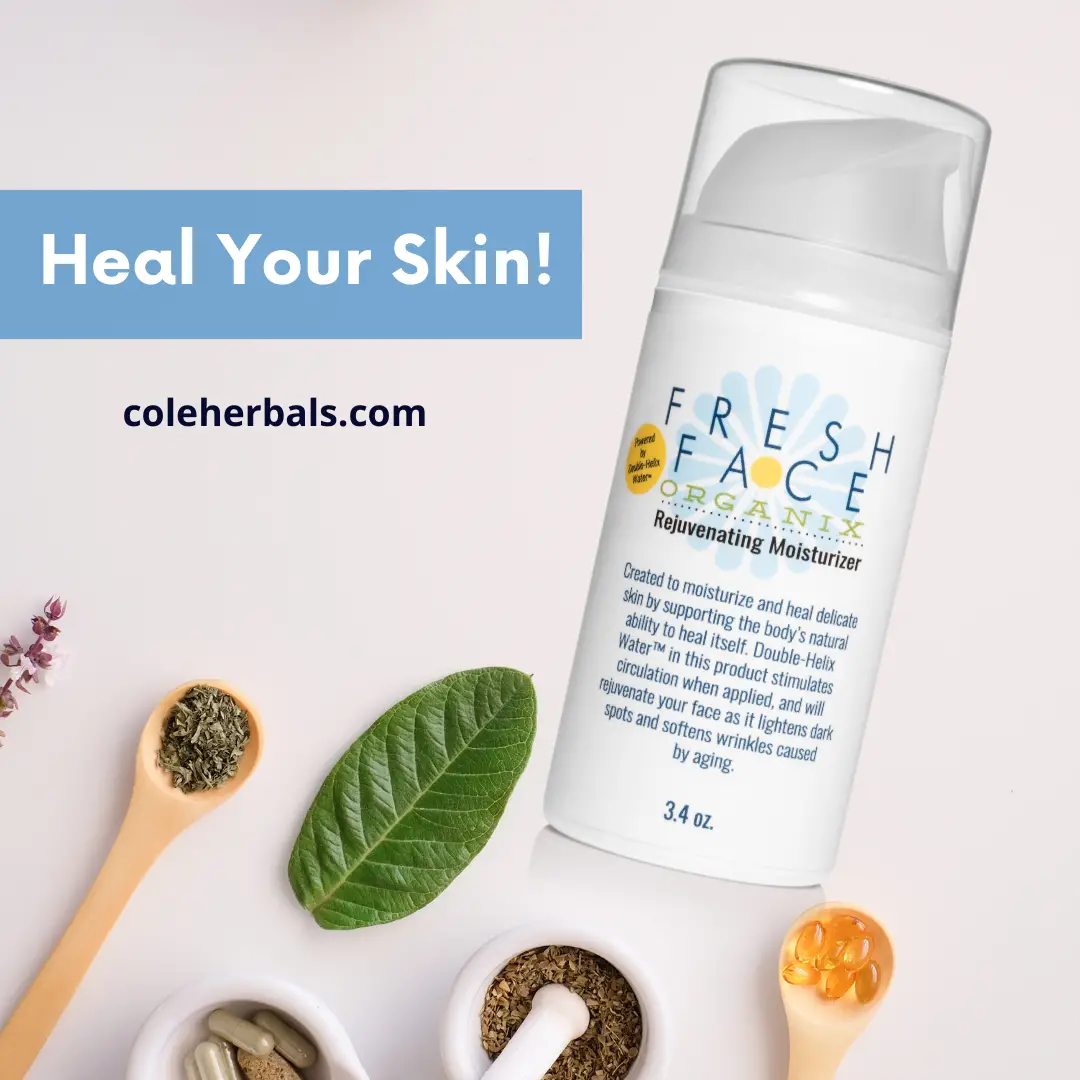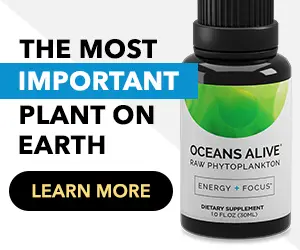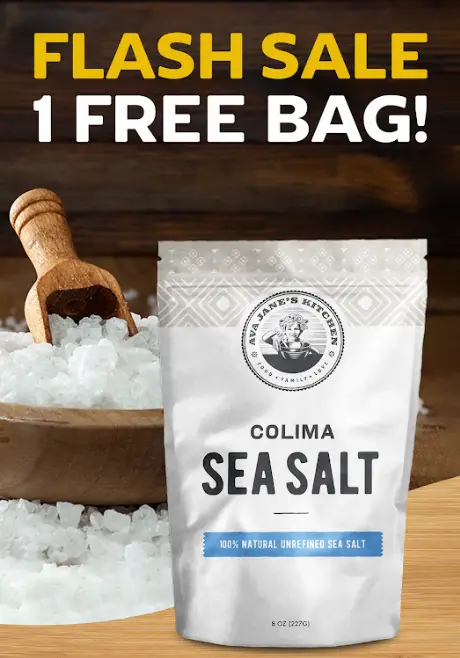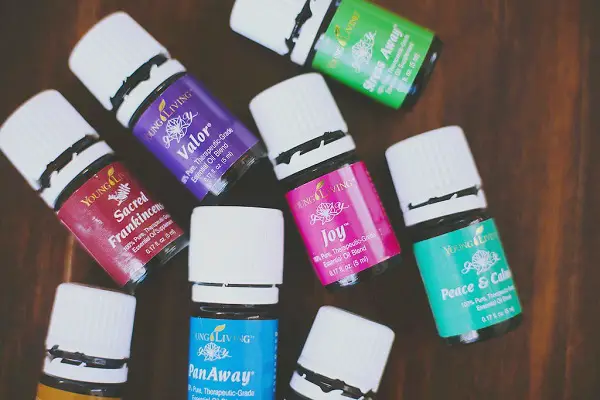
PHOTO: Abi Porter, Flickr
Essential oils are often used as a way to relax and add a unique fragrance to home living spaces, but more and more people are discovering their transformational health qualities when used in concentrated, therapeutic forms.
This switch from cosmetic to medicinal use is not surprising.
The market was once saturated with fragrance-only essential oils diluted with sometimes toxic ingredients; oils that usually offered almost no health benefits.
That all changed when companies like Young Living and doTERRA came along, creating essential oil product lines that have therapeutic strength.
When essential oils are made either through distillation, expression, or by creating absolutes (by performing solvent extraction), the plant’s chemical compounds responsible for odor and flavor become concentrated in the oil. These compounds can have a variety of medicinal properties.
The medicinal use of essential oils, however, is not something modern medicine and its governing organizations are interested in.
And that disconnect recently created a serious issue for both Young Living and doTERRA, when the FDA sent a surprising warning letter aimed at stopping the spread of what they deemed as unacceptable health claims.
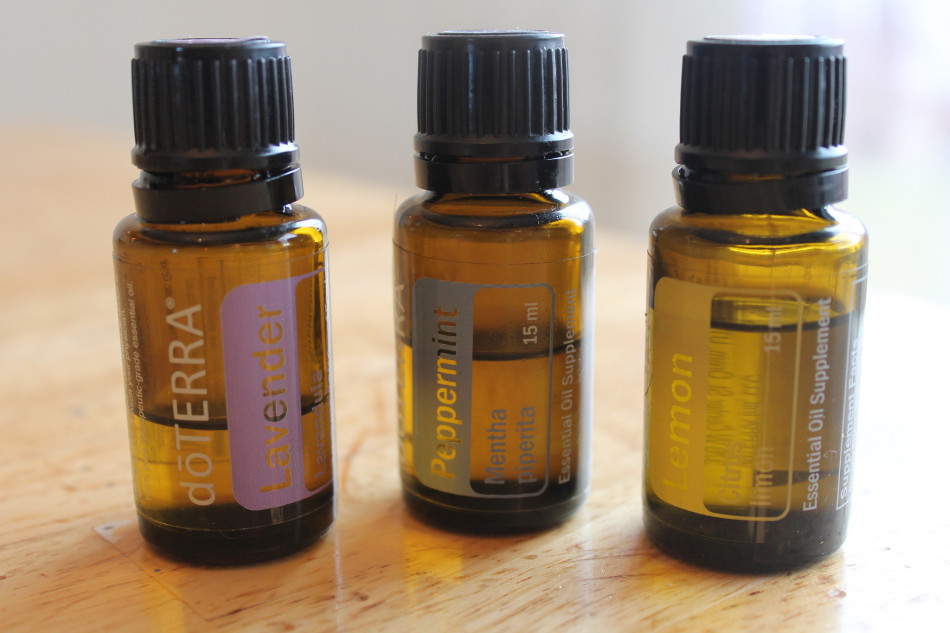
DoTERRA essential oils. Photo via TheRawFoodWorld.com.
Since traditionally, essential oils fall under the cosmetics category, and not as medicine or supplements, they do not have to be regulated by the FDA.
Young Living and doTERRA essential oils’ recommended use goes far beyond simple fragrances. And since the FDA has virtually no interest in spending money to research natural products, it is much easier to send out warning letters to try to prevent natural remedy options from reaching consumers.
However, it is not the companies’ marketing that got them into trouble as both follow guidelines to notify the consumers that the products and any claims they make are not FDA-approved.
What the FDA warning letter focused on were any potential claims that independent distributors make about these products.
In reality, the companies do not have much control over what their distributors do or say — practically anybody can become one. And it’s no surprise that after having personal medical successes with the oils, these distributors want to tell others — Thieves helped them recover from the flu, or Valor helped with back pain, for example.
Most of the time these people truly want to help others, and they are not aware of the FDA’s overreaching hand (you can scroll down to see the full FDA warning letters that were sent to these companies).
After the FDA’s letters were sent out, both companies responded by saying that they will teach their distributors to use the correct language when advertising their products.
But there’s much more than meets the eye to these highly useful (and highly medicinal when used in the correct way) products, according to research published in the world’s largest library of biomedical research, the U.S. National Library of Medicine (NLM).
Sample Essential Oil Claims the FDA Did Not Like
The follow is a list of example claims made by independent essential oil distributors that the FDA took issue with:
-One website, theoildropper.com, said the follow about rosemary oil: “(R)egular use of rosemary essential oil may…help prevent diseases associated with free radicals, including cancer and heart disease.
-Another website, theoilessentials.com, had the following to say about Young Living Eucalyptus Blue essential oil, which sounds far more innocent considering it doesn’t mention any major diseases and simply describes potential general healing properties of the oil: “Eucalyptus Blue essential oil has antiviral and anti-inflammatory properties…”
-The same site did mention Young Living’s peppermint oil as potentially being useful for major diseases, however: “Peppermint oil has so many more uses…asthma, autism, brain injury…Crohn’s disease…multiple sclerosis, paralysis…” it said according to the FDA’s warning letter (see bottom of the article to view in full).
-The site theoildropper.com also made a surprising claim about possible effects of an oil blend on one of the world’s most feared viruses: “Ebola Virus can not live in the presence of cinnamon bark (this is in Thieves) nor Oregano…”
-Another post (on Pinterest) the FDA took issue with concerned one user’s experience with healing from Lupus, a disease that has confounded mainstream medicine for years now leading some, even celebrities, to turn to harsh treatments like chemotherapy in hopes of finding relief.
-Still another website, http://essentialsurvival.org, mentioned the possible anti-cancer effects of Frankincense, one of the most widely used and potent medicinal essential oils: “(It is) toxic only to cancer cells (unlike chemotherapy that kills healthy cells too)…Causes cancer cells to implode through ‘apoptosis’, the best way for cancer cells to go…Shrinks tumors in preliminary research with animals…”
Thoughts on the FDA’s Warning Letters
As you can see, the claims made by these independent producers run the gamut from the normal, everyday potential benefits of essential oils to possible uses for some of the most feared and damaging diseases in the world.
While the FDA is well within its rights to make sure people are using the oils correctly, it’s important to note that there is real, potential evidence backing many of these claims, such as the one about Frankincense and cancer cells (see the study published on the NLM’s website here).
At the end of the day, we need to be careful not the throw the baby out with the bathwater, so to speak, and to hopefully work toward a system where the true benefits of therapeutic grade essential oils can be explored and shared in-depth.
Until then, make sure you consult with a licensed health professional before using the oils for any disease (see our full disclaimer here), and do your research to make sure you are applying them safely.
Are There FDA approved Young Living Products?
There has been a lot of talk online about two Young Living products that were “FDA approved.” While the company did a lot of work for two products, Cool Azul® Pain Relief Cream and Thieves® Cough Drops to become its first over-the-counter (OTC) products, neither had to be FDA approved, just their ingredients.
When it comes to OTC products, the FDA has developed guidelines that companies can follow, and if all of the product’s active ingredients have been already approved by the FDA, it can become an OTC product without any need for FDA approval.
So while it is a big accomplishment that Young Living created its first OTC products, neither is technically FDA approved, as stated on the Young Living Website.
On the site, you will see the following statement for these and other products: “These statements have not been evaluated by the Food and Drug Administration. Young Living products are not intended to diagnose, treat, cure, or prevent any disease.”
This is one way that consumers are often dissuaded from trying natural products, as an “FDA approved” product generally carries more clout than a non-approved one. Unfortunately, that means they could be missing out on effective home remedies that could work surprisingly well, without the unusually harsh side effects of prescription drugs.
Studies Show Medicinal Benefits of Essential Oils
While the FDA refuses to study and confirm the benefits of therapeutic-grade essential oils, some research has already been done.
Here are the conditions that have already been studied and (and published on the U.S. National Library of Medicine National Institutes of Health website) with the therapeutic use of essential oils:
Acne: Tea tree oil has been shown to be just as successful at treating acne as benzoyl peroxide, the top acne cream ingredient on the market, but with fewer side effects.
Antibiotic-resistant bacteria: Thyme white, lemon, lemongrass, and cinnamon oils showed high efficacy against antibiotic-resistant bacteria. Eucalyptus, tea tree, lavender, grapefruit, clove bud, sandalwood, peppermint, kunzea and sage oils also showed considerable efficacy.
Antimicrobial: Research from Greece found that thyme essential oil can eliminate bacteria in under one hour. Thyme in combination with Cinnamon oil was found to defeat antibiotic-resistant strains of bacteria.
Anxiety: Orange and lavender have shown a decrease in anxiety when used in a waiting room of a dental office.
Cancer: Essential oils have been studied for cancer treatment, and thyme essential oil has shown to have the strongest effect against human cancer cells by one measure. Other oils that were tested against lung and breast cancers with positive results are mint, ginger, lemon, grapefruit, jasmine, lavender, chamomile, rose, and cinnamon.
Chemopreventive agent: Chemopreventive agents stop cancer from developing. Essential oil from Cryptomeria japonica or Japanese cedar oil has chemopreventive properties.
Dandruff: One study concluded that just 5% tea tree oil shampoo has a 41% success rate against mild to moderate dandruff.
Depression: Clary sage oil has shown antidepressant effects in menopausal women.
Gingivitis: Essential-oils mouthwash has been proven as successful as chlorhexidine in treating plague and gingival inflammation.
Irritable bowel syndrome: Peppermint oil was successfully used in treating irritable bowel syndrome.
Menstrual pain: Massage with cinnamon, clove, rose, and lavender essential oils can help relieve menstrual symptoms.
Migraines: Feverfew and ginger oils were found to be the first defense against migraines when used during the onset of moderate to severe headache.
Nausea: Ginger, spearmint, peppermint, and cardamom essential oils are an inexpensive way to combat nausea.
Respiratory problems: Eucalyptus essential oil was found to help with respiratory symptoms.
Sleep disturbances: Inhalation of essential oils is a safe alternative to pharmaceutical sleep medications.
Tumors: Curcuma zedoaria essential oil (Zedoaria) was found to have an anti-angiogenesis effect, meaning it prevents tumors from growing blood vessels, thus slowing them down and even shrinking them.
As we can see, there is enough evidence out there for essential oils to be used medicinally, even if the FDA is yet to catch up to this knowledge (They tend to believe they are only good for relieving stress!) However, personal research and experimentation is needed to see what works for you.
You can see the full letters to Young Living and and doTERRA by clicking each link, respectively.
Recommended reading:
No More Cold/Flu Drugs! Just a Few Drops of These Essential Oils Will Keep You Healthy in Winter
How to Keep Ticks from Biting You with Just One Essential Oil
Tackle Chickenpox Naturally with this Simple Home Remedy Based on Essential Oils
Thanks for installing the Bottom of every post plugin by Corey Salzano. Contact me if you need custom WordPress plugins or website design.




